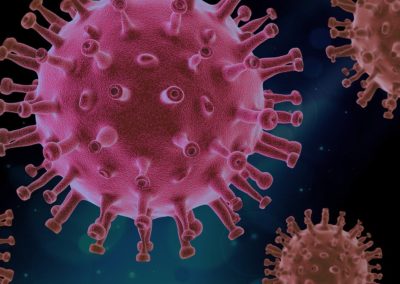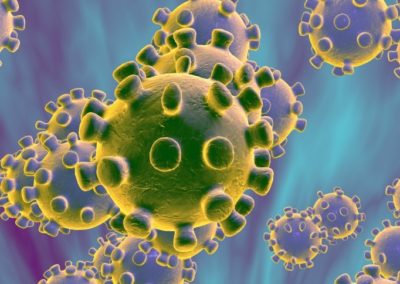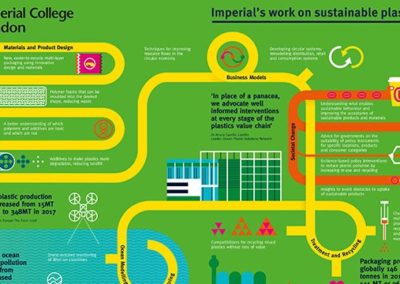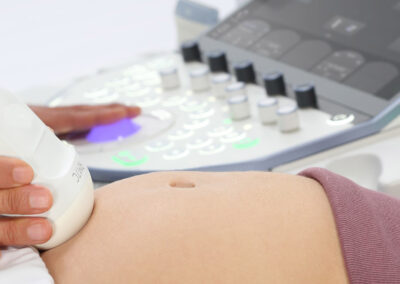Reducing air pollution
Air pollution ranks fourth among major risk factors for global disease and mortality. In the UK, it contributes to between 28,000 and 36,000 deaths annually, with an estimated economic cost of more than £20 billion every year.
Experts from the Environmental Research Group, across the School of Public Health, and from the Department of Civil and Environmental Engineering provide air quality measurement devices, solutions, and analysis to local authorities, industry, communities and schools. Their activities include…
- analysis of human activity and resultant emissions
- complex atmospheric chemistry and transport processes
- the effects on health of exposure to different air pollutants (such as particulate matter)
- new measurement and sensing capabilities
- technologies and policies to mitigate the impacts of air pollution – globally
Imperial’s experts also provide specific and holistic insight into policy design and delivery. Professor Frank Kelly, Dr Audrey de Nazelle and Dr Marc Stettler, for example, were invited to discuss how The Environment Bill, and wider Government policy, can best reduce air pollution at a roundtable chaired by Lord Teverson, Chair of the Lords EU Environment Sub-Committee.
Read on to see what we can do – or contact us today to see how we can help you?
Environmental Research Group
Led by Prof Frank Kelly, provides policymakers, industry and the public alike with insight into the quality of air in their communities, workplaces and schools, along with the sources of pollution and its impact on respiratory health.
The Environmental Research Group work with local authorities, TFL, and the Mayor of London to inform on air quality and analyse the effectiveness of air pollution policies. All major air pollution strategies in London use emissions and air pollution models developed by the group and they have helped shape London’s congestion charge and Ultra Low Emissions Zone (ULEZ).
A range of the teams projects, research and expertise is featured here – and provides examples of how they can help external organisations like yours.
Measurement Team
Initiatives include The London Air Quality Network, which collects and reports on air quality data across the city – and the Breathe London Network, funded by the Mayor and Bloomberg Philanthropies and the boroughs, and key to the Mayor’s work to raise awareness of air pollution. Both provide Londoners with easy access to reliable, localised, real-time air quality data.
Contact us to discuss setting up an air quality monitoring and analysis network in your city.
Dr Gary Fuller, “The new Breathe London network of sensors across the city’s boroughs will help communities to understand the invisible air pollution that surrounds them. The air pollution that we breathe each day is estimated to be responsible for the early deaths of around 4,000 Londoners in 2019. Having a healthy city to live in is essential to London’s future. Action needs to be underpinned by sound science; to design polices, track outcomes and provide clear information to the public.
Another initiative investigates the impact on health by giving pollution monitors to people with respiratory disease.
“This provides a direct link between their individual health and their environment, and with this we can create actionable recommendations for their own disease management,” says Dr Benjamin Barratt, an expert on environmental exposure and public health, and deputy director of the ERG.
The Centre for Low Emission Construction
This team works with construction and demolition firms, machinery manufacturers and hirers – and those responsible for workforce welfare – to reduce the emissions from equipment for those on site, and in the local vicinity. Tougher restrictions are being imposed in urban areas – with expectations for the sector to meet tight emissions and particulate matter targets.
Projects, such as those with HS2, include trialing alternative fuels and retrofit of machinery to testing for concentrations of CO, CO2, NO, NO2, NOX, PN, and THC to see if they meet required standards. The results have cut emissions and carbon and will save millions of pounds. The team aim to roll out these learnings across the sector – enabling others to meet emissions targets cost-effectively.
“The NRMM retrofit project has allowed us to work in partnership with key organisations to produce scientific evidence to give the construction industry the confidence to adopt new cost-effective measures to reduce machine emissions. The use of new technology will allow contractors to upgrade their most polluting machines to meet the latest emission standards and help reduce the air pollution impacts across the whole HS2 project.” Daniel Marsh, Centre for Low Emission Construction
The team also work with construction and demolition contractors to reduce fugitive dust transference from construction sites, onto our streets, and into the air we breathe. Contact us to see how they can help you.
Air Quality Network
Includes health economist Dr Laure de Preux, who is helping local authorities quantify the ‘hidden costs’ of air pollution; Dr Audrey de Nazelle, whose work at the intersection of environmental sciences, health behaviour, transportation and urban planning is helping develop health-promoting built environments and policies; lung cell biologist Professor Terry Tetley who is an authority on pulmonary diseases related to inhaled toxicants; and Professor Fan Chung whose work looks at the negative impacts of urban air pollution on cardiovascular and respiratory health.
Our experts in action. Ask us how they can help you.
Dr Marc Stettler discusses aerosols and aircraft contrails
Changing behaviours
Research and policy has focused on regulations and technological solutions to urban air pollution, but encouraging behavioural change could reduce overall concentrations of air pollution, and the public’s exposure. Lead Dr Audrey de Nazelle, Centre for Environmental Policy, published in Sustainability Science.
Air quality & COVID
The new report, led by School of Public Health’s Environmental Research Group and commissioned by the Mayor of London via Imperial Projects, provides a comprehensive overview of the best recent evidence and finds a link between toxic air and more severe cases of COVID-19.
Life Expectancy
A report for the Mayor of London by researchers from the School of Public Health’s Environmental Research Group predicts that London specific air quality policies, alongside wider improvements in air quality, will increase the average life expectancy of a child born in London in 2013 by six months, compared with 2013 concentrations remaining unchanged.
Driver Diesel Exposure
Exposure to diesel exhaust is known to cause heart and respiratory health problems, leading to hospitalisations and premature deaths. The Driver Diesel Exposure Mitigation Study, the largest real-world in-vehicle personal exposure study to date, found that professional drivers – including taxi drivers (the worst hit group), couriers, bus drivers and drivers working for our emergency services – are disproportionately affected by exposure to diesel exhaust fumes. Study by the MRC Centre for Environment and Health, funded by the Institute of Occupational Safety and Health.
WHO’s guidelines
Imperial’s experts comment on the World Health Organization’s (WHO) new Air Quality Guidelines, which show there are harms to human health even at the lowest observable levels of exposure. Imperial’s Network of Excellence on Air Quality (NExAir) strongly encourage the UK government to take ambitious actions to reduce air pollution everywhere and as soon as possible.
Transport emissions
London’s Ultra Low Emission Zones (ULEZ) are not a silver bullet, reducing nitrogen dioxide levels by only a few per cent during the first few weeks of its implementation. Sustained improvements in air pollution require multiple measures. “[ULEZ] works best when combined with a broader set of policies that reduce emissions across sectors like bus and taxi retrofitting, support for active and public transport, and other policies on polluting vehicles,” Dr Marc Stettler.
INHALE
INHALE research team are modelling air pollution and airflow in cities and exploring the effect of interventions such as roadside hedges or medication for at-risk people such as asthmatics. The trial will examine pollutants’ potential for cell and tissue damage, and how this relates to health outcomes. lead investigators are Professor Fan Chung, National Heart and Lung Institute and Professor Christopher Pain, Department of Earth Science and Engineering, in collaboration with the Universities of Surrey and Edinburgh.
Pedestrian Protection
Dr Collins, Dr Huw Woodward, Centre for Environmental Policy, and Agamemnon Otero of Energy Garden, have published their findings in the journal Cities & Health. The researchers found that curved structures would more effectively disperse and reflect pollutants back towards the roads and would very rapidly improve air quality for pedestrians in an inexpensive manner.
Clean Air Programme
In the UK, poor air quality is a severe risk to public health, with air pollution responsible for 40,000 early deaths. It is estimated to cost £20 billion a year to health services and businesses. Four-year projects, funded by UKRI through the SPF Clean Air Programme, will investigate how air pollutants in indoor spaces such as homes, schools and workplaces can adversely affect the health of the people inhabiting in them.
Our consultants are world-leading experts in their field, committed to on-going research. Contact us today to see how they can help you improve air quality.
Contact us with your need:
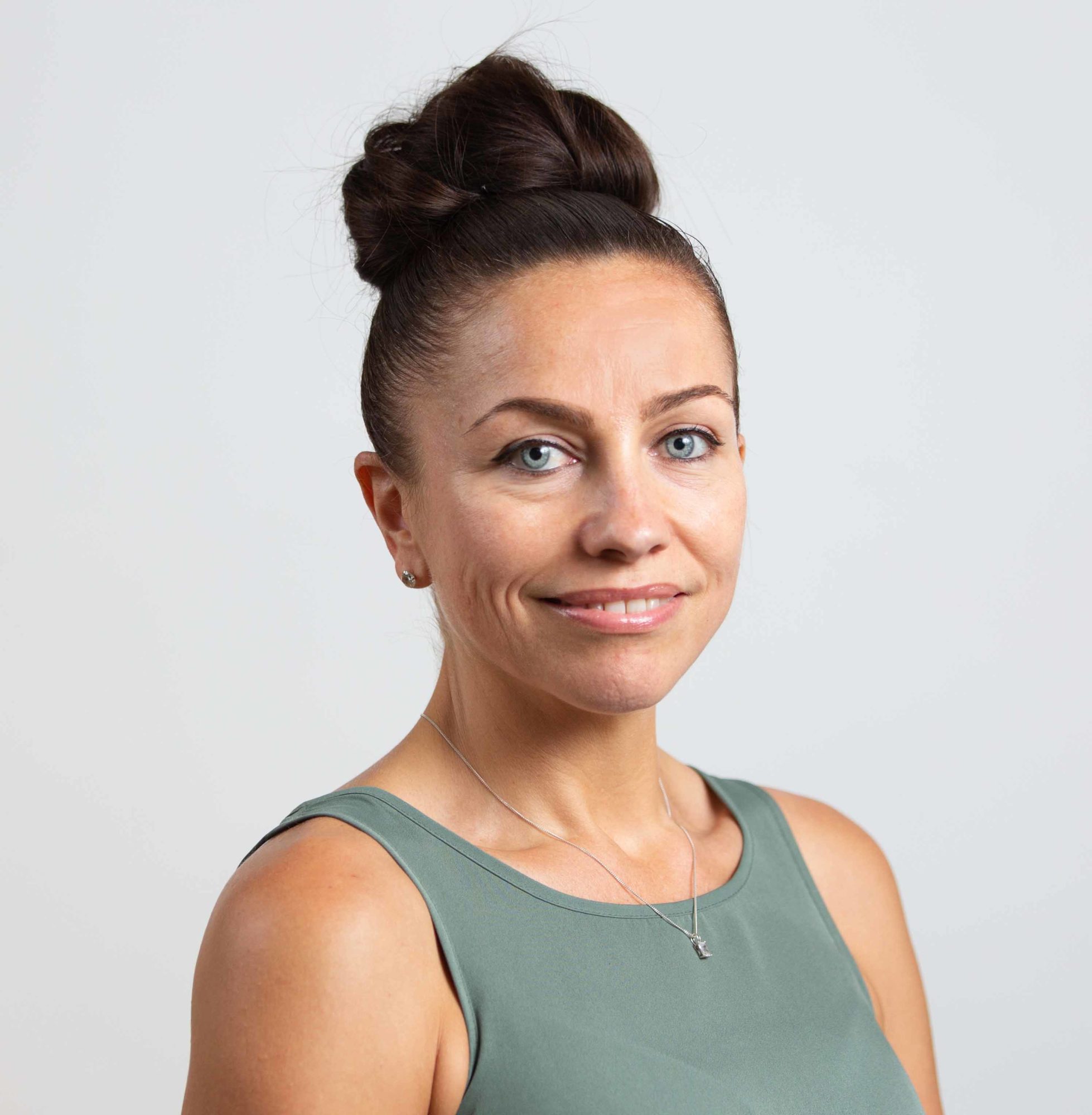
Sue Tuttlebury
Engagement Manager
For Business & finance, Maths, Medicine, Pharmaceuticals, Public & Global Health, Environment & Climate Change
Tel: +44 020 7594 6559
